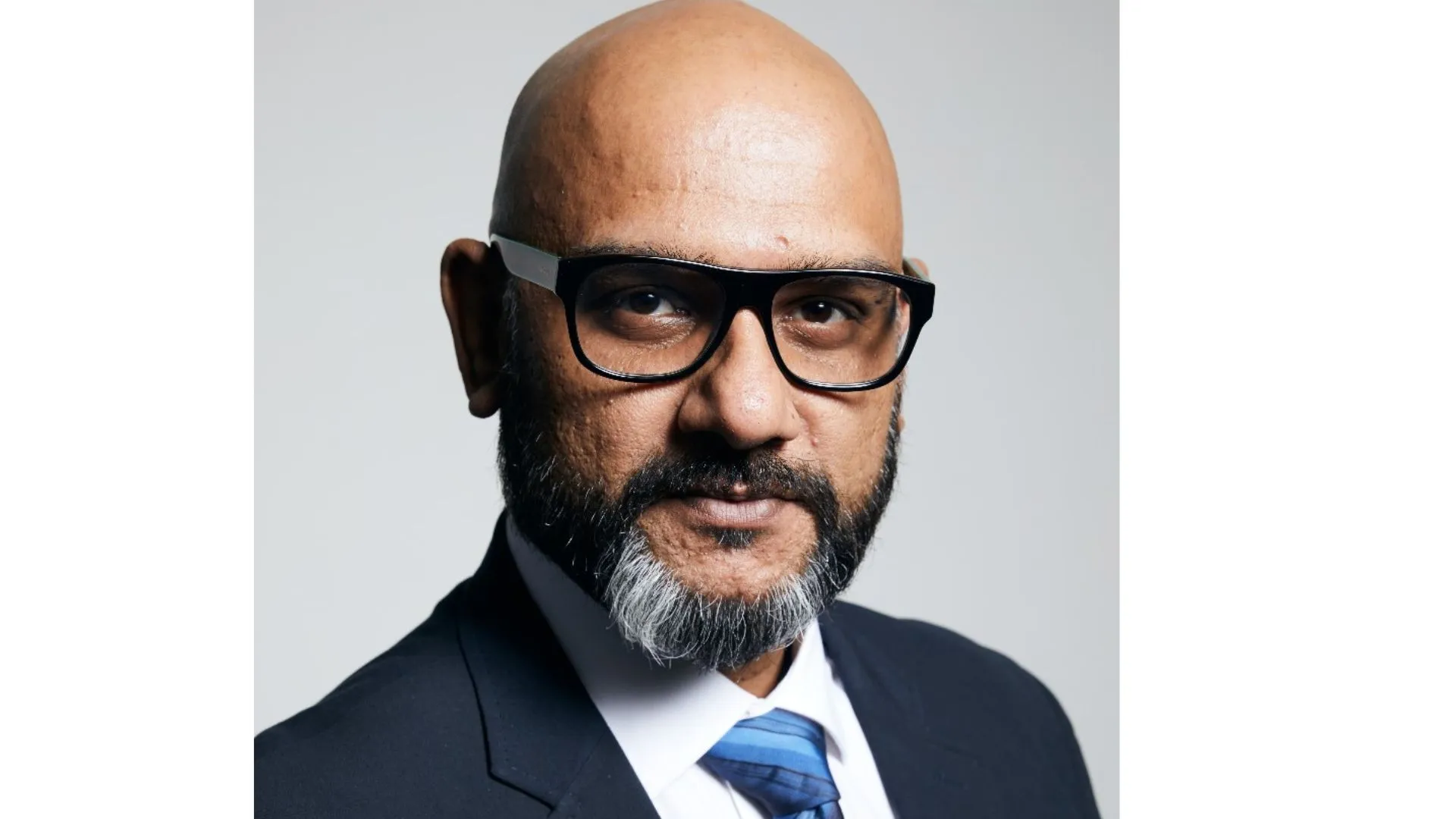No one understands me, and I am lonely even when I am with people. Do you think that you stand apart or are difficult to understand? Are you afraid to express yourself because you don’t know if others will agree with you? Do you feel that nobody understands you?
One of the most powerful human motivators of our actions and feelings is the desire for approval, to be seen, appreciated, or loved. On the other hand, when someone shows you that they don’t understand you, it can be excruciating. If this is done repeatedly, it can harm relationships, make you unhappy, even lonely, and cause you to question everything. Your own value, your own reality, that relationship, and why the person is treating you in this manner. The need of feeling approved, is a basic human psychology.
Let us understand the science behind being understood vs. not being understood. Different brain regions are activated when we feel understood and when we do not feel understood. Feeling understood activates neural regions linked to social connection and reward, whereas not feeling understood activates neural regions linked to negative affect (i.e. negative emotions such as sadness, fear, anger, distress, contempt and disgust). These different neural responses to feeling understood vs. not feeling understood are then linked to feelings of social connection and social disconnection, respectively.
Most issues are known to be resolved when one’s looks deeper into the issue within oneself. If there is a way to deal with problems at a root level, it must begin with “Self”, so to overcome the feeling of I am not understood, we could start by asking ourselves a few questions.
Is my communication clear? Is my communication calm and respectful? Is my body language appropriate when I am talking to others? Am I happy, cheerful or cordial towards others? Am I communicating in the right tone? Am I listening to first understand and then be understood?
Once you have asked these questions to self, ask these questions with respect to the Other person/people who are not understanding you.
Do they always respond as if they don’t know me well? Do they always treat me with disrespect? Is there a change in their behavior recently? Am I talking to them when they are busy or distracted? What is their body language when I talk to them?
Depending on the findings of this self-analysis, you may need to take some actions. All relationships thrive on open communication. It’s best to have a face to face, open communication with people that you feel have perennial communication issues with you. The fundamental thing to keep in mind during such a conversation is that, listening is at the core of any communication, so be open to listen to them with an open heart and mind.

Dr Manjula Pooja Shroff is MD, CEO of Kalorex Group























